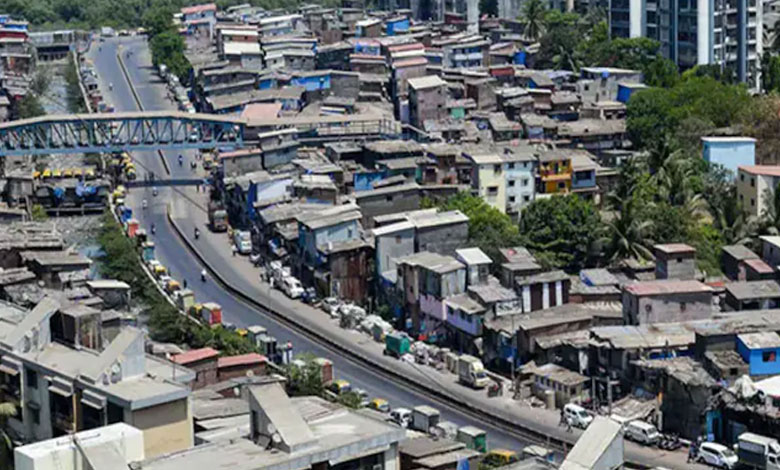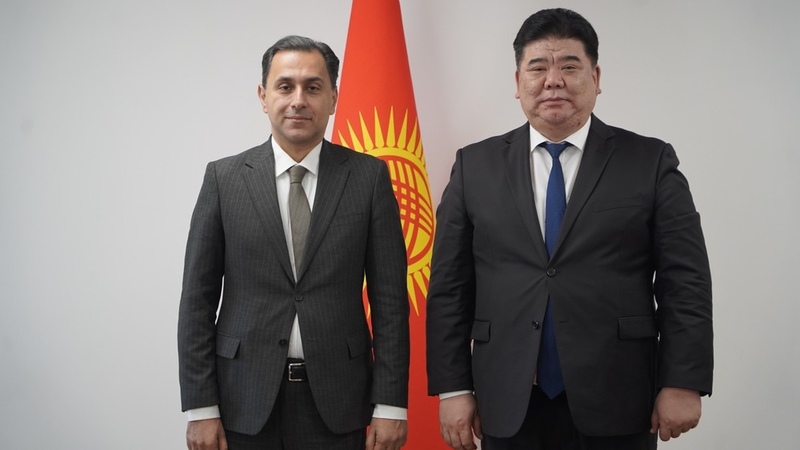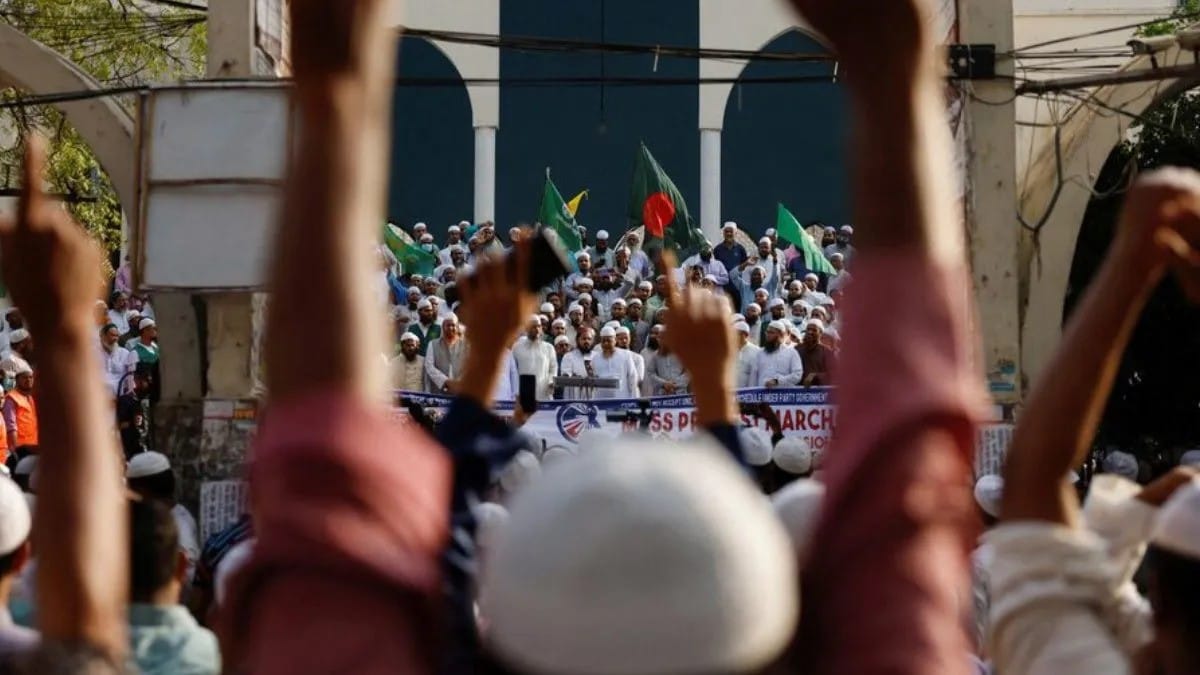
Article 9 of the Constitution of Pakistan enshrines that no person shall be deprived of life or liberty, in a similar tone Article 14 subsection 1 states that the dignity of a man and the privacy of his home shall be inviolable. In fact, it is not every person who is entitled to be a beneficiary of such rights. The Transgender or the Khwaja sira community in Pakistan is one of them.
The inviolable fundamental rights that are supposedly guaranteed to every citizen of Pakistan do not extend to the members of one of its most vulnerable communities. The Constitution also sets out in various provisions to protect its subjects from discrimination in basic facilities of life. It is ironic that the transgender community is discriminated against asserting their rights under what are seemingly their birth rights as citizens of Pakistan.

The community remains largely stigmatised and ostracised by society at large but the conservative regions in particular are the hub of the worst violence. According to a report by Human Rights Watch, in the Province of Khyber-Pakhtunkhwa, there were 479 reported attacks against transgender women in the year 2018 alone. This figure reflects some of the highest rates of violence faced by this community in Pakistan.
Ahsan for giving land to China Century Steel Mills on discounted rate in Rashakai SEZ Societal traditions and strict cultural norms especially regarding gender coupled with rising trends of intolerance particularly in ultra-conservative places like of KP are the reason for increasingly regular incidents of violence against transgender persons. A large number of killings in the province occur either as a consequence of disgruntled ex-partners of the victims or for rejection of advances. Often men who find their advances rejected will resort to threats, harassment, and even murder.
These men are known by the transgender community as Beelas. In March 2022, five transgender individuals were injured in their home when a group of men, one of whom was an ex-lover of one of the victims, opened fire on them, injuring all and killing one. Another cause, although not as prevalent as the former, is victims are murdered by their families in the name of bringing dishonour to them also known as “honour killings”.
The marginalized status of the community and economic vulnerabilities make them defenceless against these crimes. Jam Kamal, Kenyan envoy express commitment to deepen economic ties In 2018, a landmark legislation, Transgender Persons (Protection of Rights) Act 2018, was passed which provided legal recognition to transgender persons and provided for their protection from harassment in workplaces. The act did little to curb the violence against Khwaja Sira’s.
According to a report by Dawn, in the last five years (2019-2023) since the Act came into existence, the province of Khyber-Pakhtunkhwa has registered 267 cases of brutality against transgender persons. Out of all 267 cases only one led to the conviction of the accused. This stark disparity between the rate of reported cases and low conviction rates are due to multiple factors at play.
Some sources suggest that delay in registering cases of violence by the police and inadequate investigation play a significant part in accused persons getting away. Moreover, victims are pressured into withdrawing their complaints and go for out-of-court settlements either due to incessant threats or for promises of money. In most case,s the victims are rendered unable to pursue such cases due to pressure and intimidation.
Whether due to the former or the latter, the bigger picture reveals an unfortunate failing of our justice system: how this already vulnerable community is subjected to further exploitation within it. Rupee sheds 15 paisas In May of 2023, the Federal Shariat Court in its judgment struck down certain provisions of the Transgender Persons (Protection of Rights) Act 2018 which it noted were against the injunctions of Islam. One of the provisions named in the judgment was section 3 of the act, which pertains to the recognition of the identity of transgender persons and gives them the right to register themselves in governmental departments including NADRA as per their perceived identity.
In a consequence of the decision of FSC, NADRA had briefly halted the registration of CNIC’s of transgender people. Although the registration was later resumed, it just goes to show how easy it is to strip away the rights of an underprivileged group. Without CNIC is rendered stateless and cannot access their basic fundamental rights or any facilities like education, employment, or healthcare.
Despite policies and legislation in place, little has been achieved in terms of suppressing these incidents of violence. An overhaul is needed in the criminal justice system. The state needs to own the people of this community as their own and play an active role in bringing these victims to justice.
The state needs to become a party in cases involving murder of transgender persons, and make sure the perpetrators are held accountable and brought to justice. However, It is pertinent that measures are taken to curb the incessant violence that the transgender community is subjected to. Consequently, letting the current state of affairs continue are far more damaging for the already fragile fabric that holds our society together.
PSX witnesses bullish trend, gains 4,411.27 points Ammara Sardar The writer is a lawyer and a researcher..















